Best Supplements for Diabetic Nerve Pain That Heal Fast
Looking for the best supplements to relieve diabetic nerve pain fast?
You’re not alone. Millions of people with diabetes suffer from burning, tingling, or numbness — a condition called diabetic neuropathy, caused by long-term high blood sugar.
It’s one of the most dangerous complications of diabetes and the #1 cause of limb amputations worldwide.
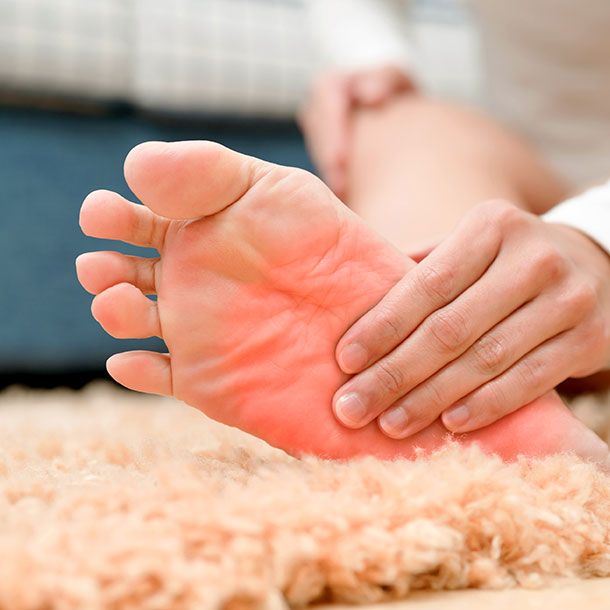
“While most doctors say there’s no cure, new research shows certain supplements can ease the pain quickly, protect your nerves, and help you heal without side effects…“
In this guide, you’ll discover the best supplements for diabetic nerve pain relief — backed by science and chosen by a plant-based dietitian. You’ll also get trusted product links, real food sources, and the truth about what works (and what’s a waste of money).
🍃 But always remember:
Supplements can only manage the symptoms. If you want to actually reverse the damage, you have to go deeper — to the root cause.
🍃And get this:
A landmark study from over 20 years ago showed that patients with diabetic nerve pain experienced dramatic relief and in some subjects complete reversal of diabetic neuropathy within days — just by changing their diet.
No pills. No injections. Just food.
If you haven’t heard of this, it’s because most doctors still don’t talk about it — but the science (and real healing stories) speak for themselves.
📌 Read this next: Can This Diet Really Reverse Diabetic Nerve Pain in Just Days?
Best Supplements for Diabetic Nerve Pain Relief :
1 . Alpha-Lipoic Acid (ALA) –
ALA is a potent antioxidant that targets the root of diabetic nerve pain — oxidative stress. Research shows it helps restore damaged nerves, improves blood flow, and reduces those painful sensations like burning, tingling, and numbness.
🍃In fact, several clinical trials have shown ALA can significantly reduce neuropathy symptoms in just a few weeks, especially when combined with a plant-based diet.
🍃Dietitian Pick:
👉 Click here to check my top ALA supplement on Amazon →
(High-quality, vegan-friendly, bioavailable, Alpha Lipoic Acid, 600 mg Enriched with Lycopene & Resveratrol)
🍂Naturally Found in These Foods:
Spinach, broccoli, tomatoes, and brussels sprouts — but to match therapeutic doses, you’d need kilos daily, which is where supplementation helps.
🍃Pro Tip:
For best absorption, take ALA 30 minutes before meals, not with food. And look for the R-ALA form (not just generic ALA) for better nerve-targeting effects.
2 . Omega-3 Fatty Acids (EPA & DHA)–
Omega-3s calm inflammation, protect your nerves, and support repair — all essential for relieving diabetic nerve pain. But here’s the truth: not all omega-3s are created equal.
🍃While fish oils are widely recommended, they often come with a cocktail of mercury, microplastics, PCBs, dioxins, and antibiotics.
💡Better move? Skip the middle fish — go straight to the original source: algae oil, where fish get their omega-3s in the first place and avoid unnecessary inflammation.
🍃Dietitian Pick:
👉 Check this vegan omega-3 supplement with EPA + DHA →
(Pure algae-based, no toxins, highly absorbable, Vegan Omega 3 Fatty Acid Capsules, Carrageenan & Gelatin Free)
🍂Naturally found in These Foods:
ALA sources like flaxseeds, chia seeds, hemp seeds, and walnuts — but for actual EPA + DHA, you need to supplement.
🍃Pro Tip:
Aim for 500–1000 mg of EPA + DHA daily. Consistency matters more than mega-doses.
📌 You Need Fish for Brain Health! is the Most Repeated Half-Truth in Nutrition that’s been stretched into fear-based marketing.
💡Read this next to know the truth : How to Get Omega-3s on a Plant-Based Diet (No Fish, No Deficiency)
3 . Vitamin B12-
B12 plays a critical role in nerve function, red blood cell formation, and myelin sheath repair —AKA protective coating around your nerves. Deficiency is shockingly common in people with diabetes and it can make neuropathy worse or even irreversible if ignored.
Low energy, numbness, tingling, memory fog? That’s screaming B12 deficiency.
🍃Dietitian Pick:
👉 Check this high-absorption, vegan B12 supplement →
(Vitamin B12 Tablets 1500 mcg -Active form of Methylcobalamin, third-party tested and 100% vegan)
🍂Natural Food Sources:
None naturally found in a vegan diet, not even in spirulina or seaweed. Supplementation is non-negotiable.
🍃Pro Tip:
Choose methylcobalamin (not cyanocobalamin) for better nerve support. Take it sublingually (under the tongue) or via spray for max absorption.
📥 Want the ultimate guide to B12 supplementation — what form to take, how much, and the biggest mistakes to avoid?
👉Download this freebie: The Ultimate B12 Supplement Guide (PDF)
📌 Or dive deeper with this post:
The Truth About B12 for a Plant-Based Diet (Most People Get This Wrong!)
4 . Acetyl-L-Carnitine (ALCAR)-
L-Carnitine is a compound your body uses to turn fat into energy. But its acetylated form (ALCAR) does something more — it crosses the blood-brain barrier and helps repair nerve damage, especially in diabetics.
Studies show it can improve nerve conduction velocity, reduce pain, and restore sensory perception in patients with diabetic neuropathy. Bonus: it may also help with fatigue and mood, both common in long-term diabetes.
🍃Dietitian Pick:
👉 Check this high-quality ALCAR supplement →
(High Quality L-Carnitine & L-Tartrate (LCLT) Vegan capsules, clinically dosed, 500mg Per Capsule, Non-GMO, Gluten Free)
🍂 Naturally Found In These Foods:
Not naturally found in plant based foods. Trace amounts may occur in asparagus or whole grains, but not enough to impact neuropathy, which is where supplementation helps.
🍃 Pro Tip:
Aim for 500–1000 mg daily. Best taken with breakfast — and combine with ALA for amplified nerve-healing effects.
5 . Magnesium-
Magnesium supports over 300 biochemical reactions, but for nerve pain? It’s a non-negotiable. Low magnesium levels are common in people with diabetes and can worsen nerve sensitivity, cramping, tingling, and slow down repair.
🍂 Naturally Found in These Foods:
Magnesium is richly present in plant-based foods like rice bran (780 mg/100g), hemp seeds (700 mg), pumpkin seeds (535 mg), coriander, dried (694 mg), flaxseeds (392 mg), sunflower seeds (390 mg), cumin seeds (366 mg), sesame seeds (356 mg), chia seeds (335 mg), spinach (87 mg), black beans (70 mg), tofu (53 mg), and even coffee (~80 mg per 100 ml).
🍃 But Here’s the Catch:
People with diabetes often lose more magnesium through urine, absorb less due to GI damage, and need more to fight off inflammation. That’s why even with a great diet, many still come up short.
Bottom line? You can meet your magnesium needs through food — it just takes consistency and smart choices.
🍃 Dietitian Pick (If Supplementing):
👉 Check this vegan magnesium supplement →
(Magnesium Glycinate — highly absorbable, gentle on digestion, 100% plant-based and non-buffered)
🍃 Pro Tip:
If you choose to supplement, go for 200–400 mg daily, preferably in glycinate or citrate form. Avoid magnesium oxide. It is poorly absorbed and more likely to cause diarrhea.
6. Curcumin (from Turmeric)
Curcumin is the active compound in turmeric that packs serious anti-inflammatory and antioxidant power. It works by calming the inflammatory pathways that fuel diabetic nerve pain and may even protect against further nerve damage. Multiple studies show it helps reduce pain sensitivity and improves nerve function over time.
🍃 Dietitian Insight:
You don’t need expensive supplements if you’re using turmeric correctly. But here’s the trick, curcumin needs black pepper (piperine) and a fat source to actually get absorbed by your body.
🍂 Naturally Found In These Foods:
Turmeric root and turmeric powder — add to curries, soups, or golden plant based milks. Combine with black pepper and a healthy fat like coconut milk or olive oil to boost absorption by up to 2,000%.
🍃Dietitian Pick (Optional):
👉 Check this curcumin supplement →
(With black pepper extract + plant-based capsule. Only needed if you hate turmeric or want a concentrated dose.)
🍃 Pro Tip:
Use ½–1 teaspoon of turmeric daily with a pinch of black pepper and fat. Add it to your dal, tea, or sautéed veggies for a therapeutic effect without the pill.
Do You Really Need All These Supplements for Nerve Pain?
Let’s be real, when you’re already juggling multiple medications, the idea of adding 6 more supplements can feel like too much.
Here’s the truth:
You don’t need to take all of these at once. Every body is different, start with 1 or 2 that target your most intense symptoms. Over time, as your healing progresses and your diet improves, you can reassess and adjust.
And remember — no supplement can fix what food is still breaking.
If your blood sugar is still out of control, nerve damage will keep happening — no matter what you pop.
So if you’re frustrated with pills and want to actually fix the problem…
👉 Start here: How a Vegan Diet Reverses Type 2 Diabetes by Fixing the Root Cause (Not Just Blood Sugar)
Diabetic Nerve Pain & Supplements: FAQs
🍃Don’t Miss What’s Coming🍃
Don’t Just Read — Get the Tools to Actually Do It
This guide is just the start. I’m creating step-by-step plans, checklists, meal guides, and insider tools to help you follow through — without confusion, overwhelm, or guesswork.
Want them the moment they drop?
Subscribe now — so you never miss a thing that could change everything.
Zero spam. Only real help, when you need it most.
Small steps now. Massive shifts later. And I’ll be right here, building with you.
This post is intended for educational and informational purposes only and is not a substitute for individual medical advice. Every body is unique—please consult with a qualified healthcare provider or registered dietitian before making any significant changes to your diet or lifestyle. You’ve got this, and we’re here to guide you with heart, not hype.

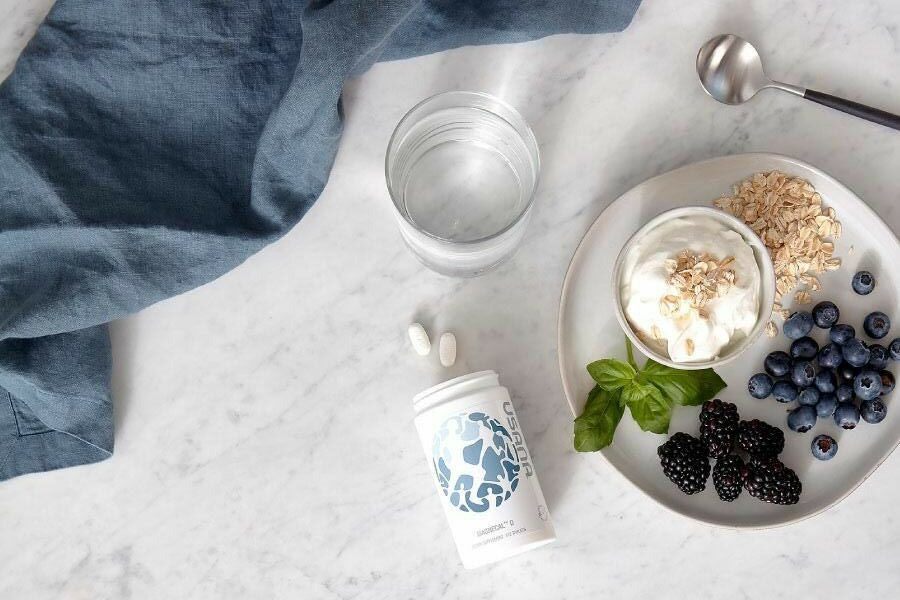
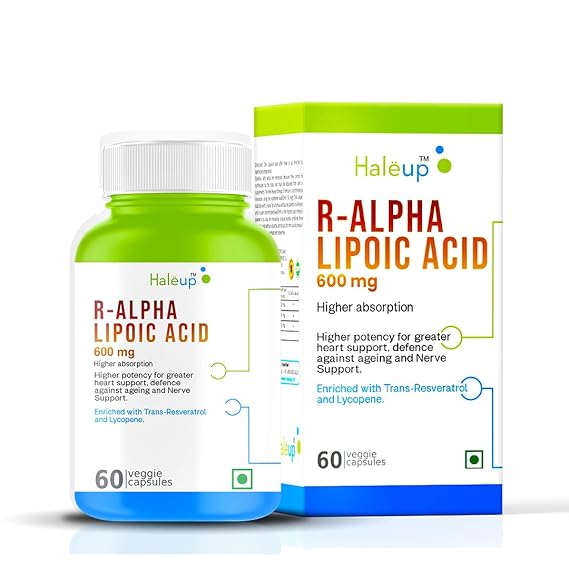
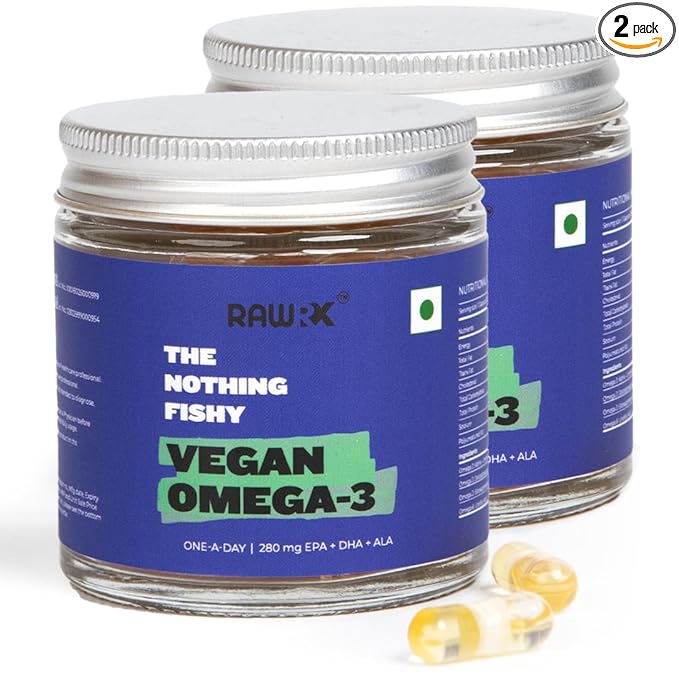
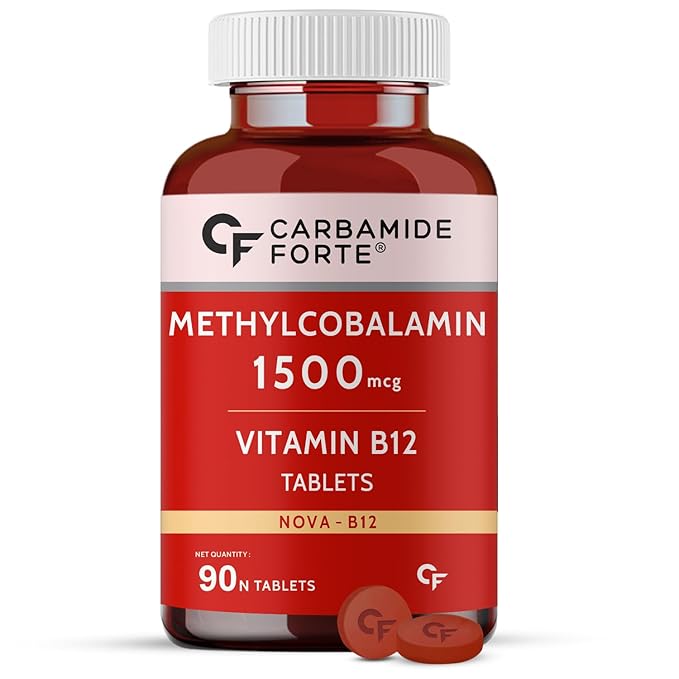


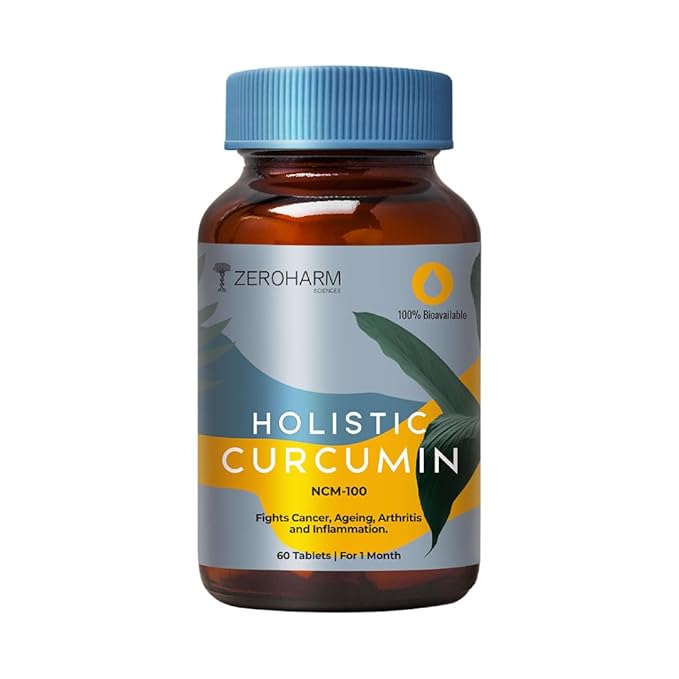
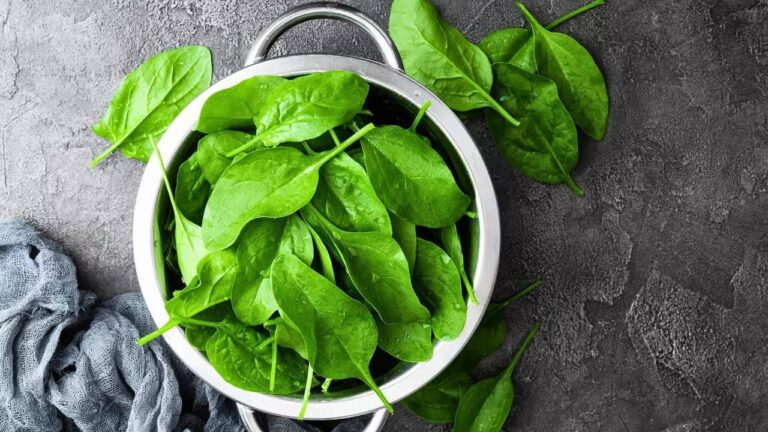
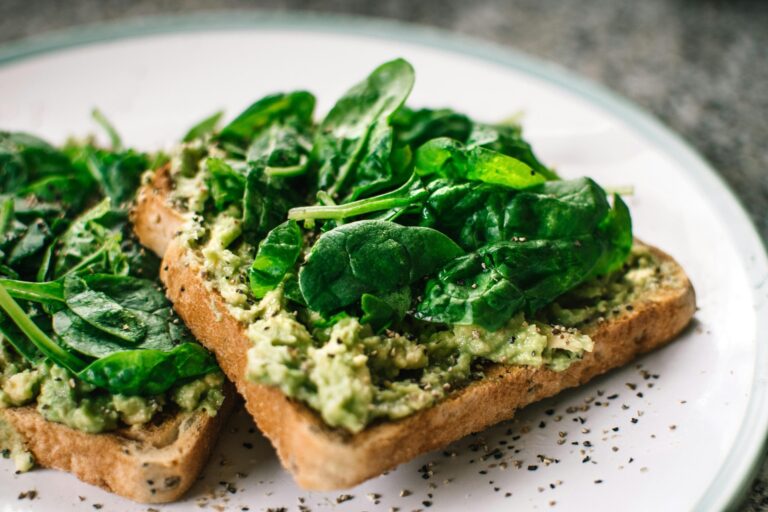
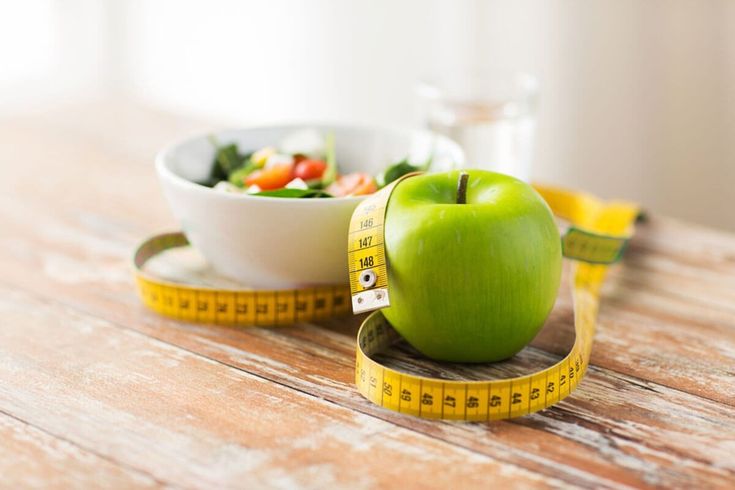

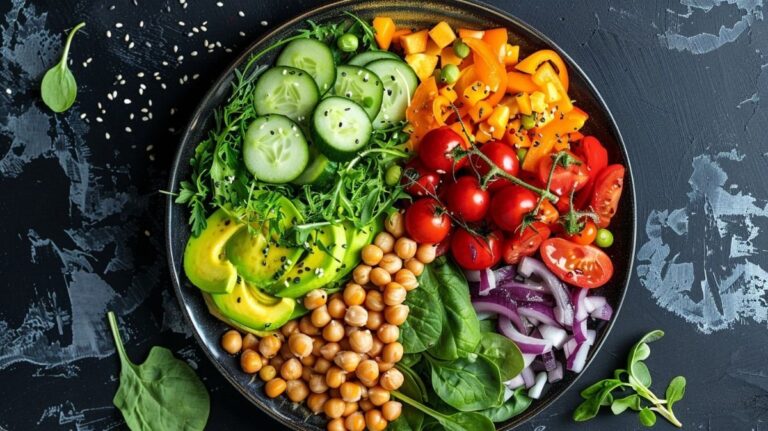

One Comment
Comments are closed.